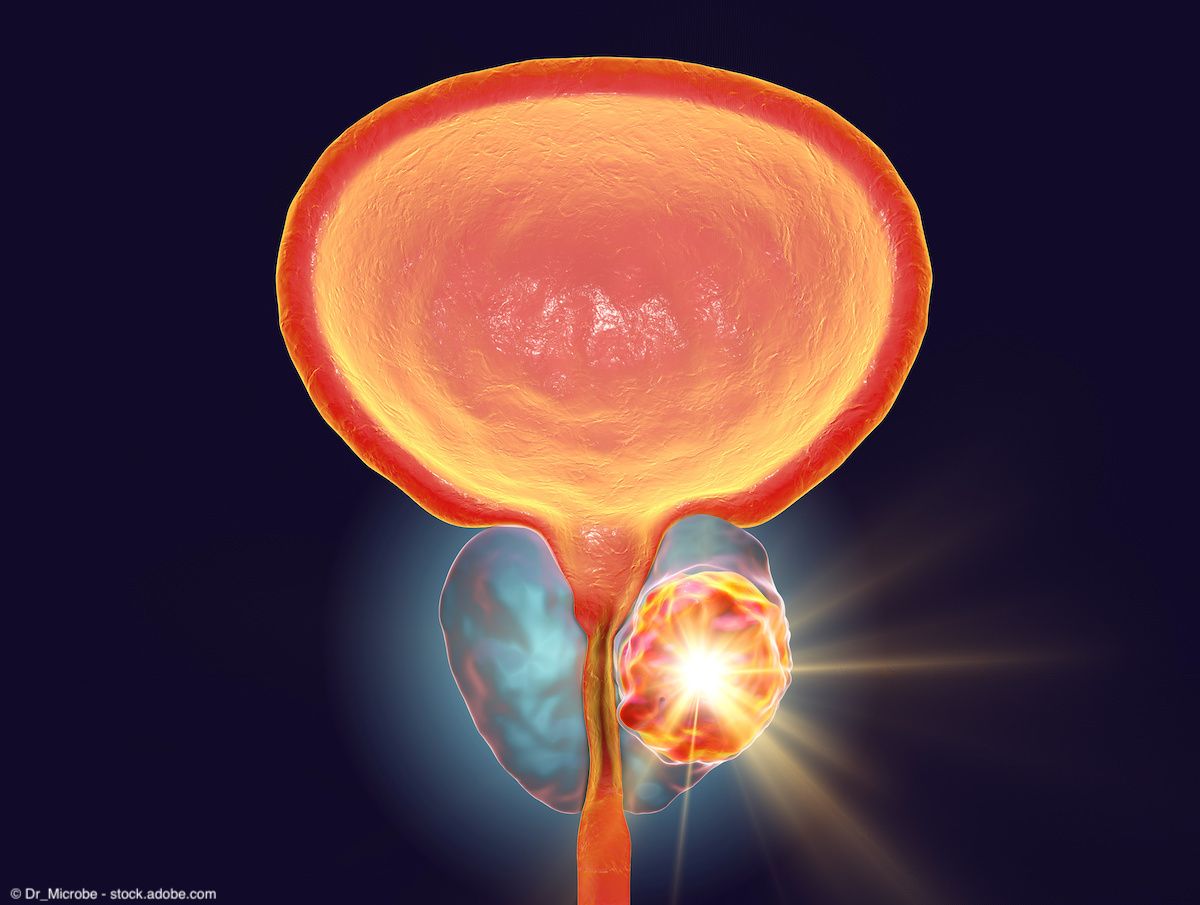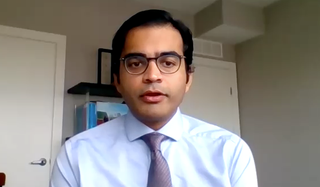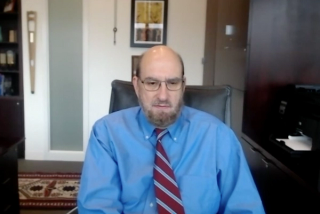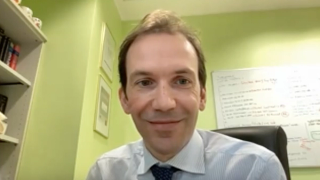
Genitourinary Cancers
Latest News
Latest Videos

CME Content
More News

About 1 of every 5 patients with stage I seminoma relapses; however, “the level of evidence supporting the use of currently defined risk factors in decision making is low,” wrote lead author Thomas Wagner, MD, and coinvestigators.

"Given that these lesions are common, even if surgeons aren't treating adrenal tumors, they're certainly going to find some on imaging," says Neal E. Rowe, MD, FRCSC.

“The recommendations are based on the current evidence, but the evidence is overall relatively weak. So, I think there's a lot of room for improvement,” says Neal E. Rowe, MD, FRCSC.

“Our findings show that AI chatbots provided accurate information with little misinformation. However, the information was provided at a college reading level and with little actionability," says Abdo E. Kabarriti, MD, FACS.

“These findings provide encouraging evidence that immune checkpoint inhibitors can be effective in treating a subset of patients with penile squamous cell carcinoma," said co-first author Amin Nassar, a clinical fellow at Yale School of Medicine.

Dr. Avi Baskin and Dr. Katsuto Shinohara were honored for their extraordinary work.

"We are confident that surgery for [testicular seminoma] will be included into treatment guidelines in the near future,” says Sia Daneshmand, MD.

In an episode of Cleveland Clinic’s Cancer Advances podcast, Christopher Weight, MD, center director of Urologic Oncology at Cleveland Clinic, discusses robot-assisted retroperitoneal lymph node dissection.

The program will feature leaders in GU robotic reconstruction and will emphasize novel techniques and innovation in managing complex reconstructive challenges.

There are still quite a few patients who still do not respond to immunotherapy, says Albert Jang, MD.

The National Cancer Institute has again recognized the UCI Chao Family Comprehensive Cancer Center as one of the nation’s top cancer centers, renewing its “comprehensive” designation
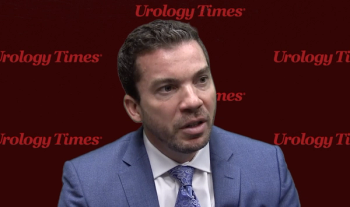
Philippe Spiess, MD, Moffitt Cancer Center, discusses the latest developments in the evolving treatment paradigm for patients with penile cancer.

"People with kidney cancer have more effective treatment options than ever before. Not only are they living longer, they are living better,” said David Cella, PhD.

"Because testicular cancer is most often diagnosed in young men and treatments are very successful, the focus is on minimizing the short- and long-term impacts of treatment," says Sprenkle.

Combination therapy with the novel TKI sitravatinib and the anti–PD-1 immune checkpoint inhibitor nivolumab showed promising efficacy and safety in patients with clear cell renal cell carcinoma and progression after antiangiogenic therapy.

"Urachal carcinoma is a rare and aggressive malignancy. The low incidence of the disease results in limited large-scale clinical trials that could provide standardized guidelines for its diagnosis and management," write Christopher Pieczonka, MD, and Peter Fioramonti, BS.

“When you compound the patient delay and…the physician delay, then you really get a delay in diagnosis,” says Curtis A. Pettaway, MD.

Although testicular cancer is rare, it is a disease that providers and patients should still be aware of, says Bradley C. Leibovich, MD, FACS.

Stigmas about the disease have negatively impacted the treatment and management of penile cancer, such that patients feel shamed for having the condition and do not seek care, and physicians may not have enough experience with the disease to appropriately provide care. Curtis A. Pettaway, MD, discusses these stigmas further in the following interview.

In a recent interview, Philippe E. Spiess, MD, and Andrea Necchi, MD, shared how they aim to develop an environment that emphasizes education, patient advocacy, and clinical research for rare genitourinary cancers.

Benefits include improved quality of life and symptom management.

In a recent study, investigators sought to understand the current viewpoints of the general population on testicular cancer and testicular self-examination.

“Because so many disease processes that we deal with are related to tobacco use and smoking specifically… I think this is absolutely our domain,” says Richard S. Matulewicz, MD, of tobacco cessation counseling and treatment.

“The good news is that we’re getting really good at treating cancer and we have more survivors, but we need to start thinking more carefully about the non-cancer risks following a diagnosis, one of which is cardiovascular disease,” said senior author Ashley Felix, PhD.
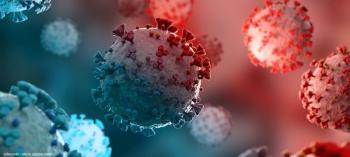
"I hope many readers have taken the opportunity to learn from the evolving science and gone back to review the basics of virology, immune response, and clinical trial development to gain a better understanding of this global pathogen," writes Raoul S. Concepcion, MD, FACS.





